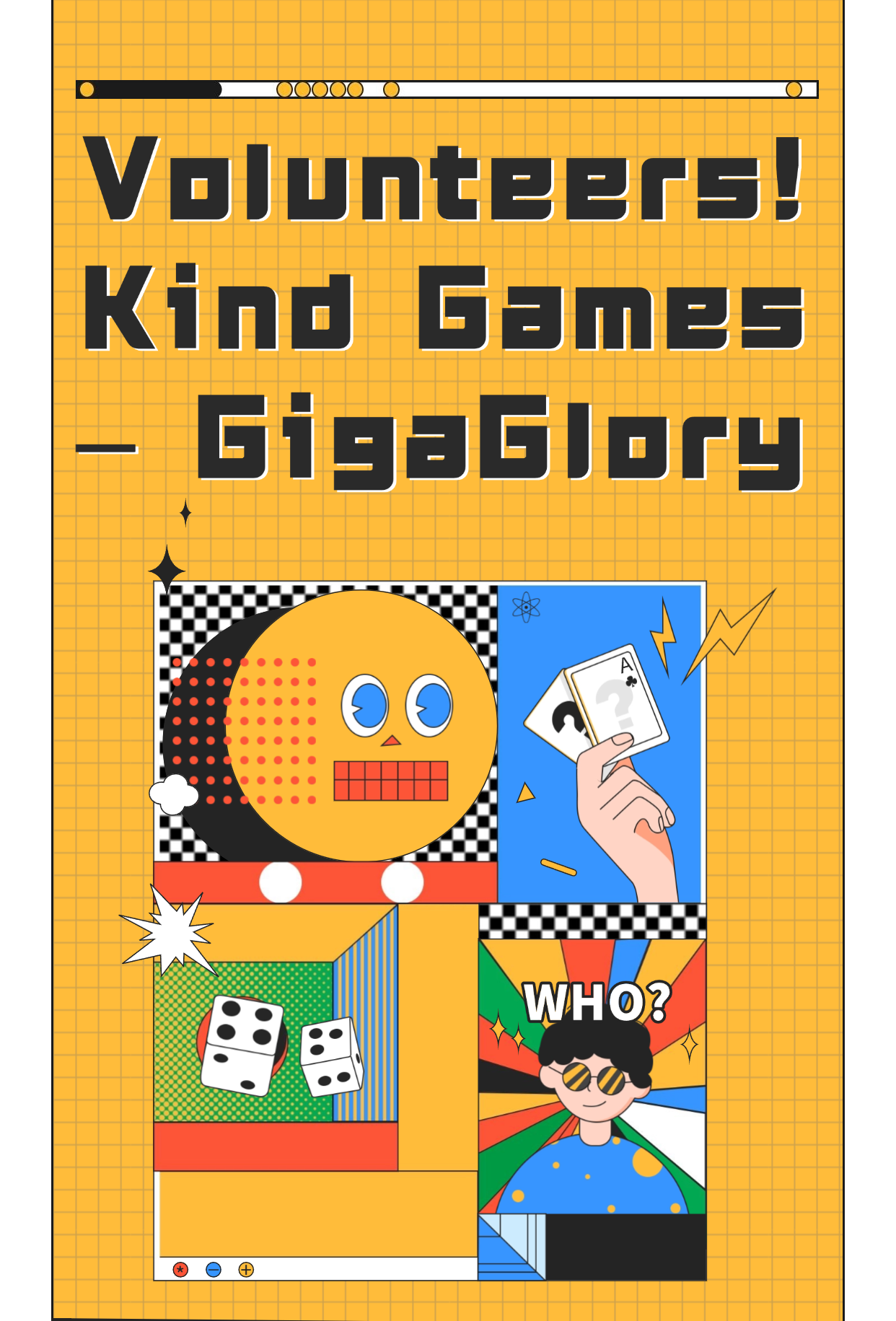Exploring Open World Games: How Incremental Games Redefine Player Freedom and Engagement
Open world games have taken the gaming world by storm, offering players vast landscapes, rich narratives, and a sense of freedom that was longed for in more linear games. But what happens when you blend this freedom with the structured gameplay of incremental games? The answer might surprise you as we explore how this fusion is changing the landscape of player engagement.
The Rise of Open World Games
From games like Grand Theft Auto to Breath of the Wild, open world games allow players to roam freely, take on quests, and interact with environments in unique ways. This freedom is addictive; players can create their own adventures, explore at their own pace, and flow through stories without the constraints of traditional gaming narratives. But as engrossing as this can be, it also raises questions about player engagement and retention.
Understanding Incremental Games
Incremental games, on the other hand, represent a different gaming philosophy, focusing on progress through small, manageable actions that compound over time. Games like Clash of Clans exemplify this by encouraging players to build, grow, and strategically engage with others to achieve victory. Players are given the illusion of endless progress through upgrades and resource management, which keeps them coming back time and again.
The Fusion: A New Kind of Freedom
Combining the expansive feel of open-world games with the structured advancement seen in incremental games creates a unique experience. Players not only have the freedom to explore but also purposefully engage with the game through thoughtful planning and incremental rewards. This blend leads to:
- Enhanced player agency: Players can choose to pursue objectives at their pace while still building their resources or experiences.
- Prolonged engagement: With diversified gameplay mechanics, players are incentivized to return regularly to progress their characters or communities.
- Dynamic gameplay experiences: As worlds expand and evolve, players discover new facets of gameplay that even entice casual players.
Clash of Clans: The Game That Paved the Way
Clash of Clans, developed by Supercell, serves as a stellar example of how player engagement works in incremental gaming. As users download the game and begin their journey, they are greeted with a familiar interface filled with customizable bases, troops, and in-game currency. The blend of strategic planning and community interaction, combined with the option for spontaneous exploration, emulates the open world feel that players crave.
| Features | Open World Characteristics | Incremental Game Characteristics |
|---|---|---|
| Player Freedom | High | Moderate |
| Game Progression | Linear and Non-linear | Step-by-step |
| Community Interaction | Varied | Structured |
| Replay Value | High | Continuous |
Creating Engaging Environments
One notable aspect of open world games is their environment design. A well-crafted setting can deeply engage players, providing them with a sense of belonging. Similarly, incremental games can create environments that reward exploration and planning. So, how can developers strike the right balance? Here are some key points to consider:
- Invest in rich world-building: Players should feel immersed in the lore and life of the game world.
- Encourage exploration: Hidden rewards and secrets entice players to investigate every nook and cranny.
- Include social elements: Guilds, alliances, or player-led events encourage community-building, enhancing overall engagement.
Player Retention in a Hybrid Model
When players are consistently given new experiences—whether it’s a new quest to deeply engage in or incremental achievements in their strategic gameplay—the chance of retention increases significantly. Game makers focusing on this hybrid model must keep the following strategies in mind:
- Regular content updates: New challenges or areas to explore keep the game fresh and exciting.
- Unique player rewards: Personalized achievements based on player activity enhance individualized engagement.
- Feedback loops: Create systems where player actions have direct consequences, influencing their world and their standing within it.
Conclusion: Redefining Engagement
As we delve into the realms of open world games and incremental games, it's clear that the boundary between the two is becoming increasingly blurred. This amalgamation creates a gaming landscape where players enjoy unparalleled freedom while being deeply engaged in strategic, incremental gameplay. As game developers continue to explore this fusion, the potential for innovative designs and experiences will surely redefine what it means to engage in a game.



